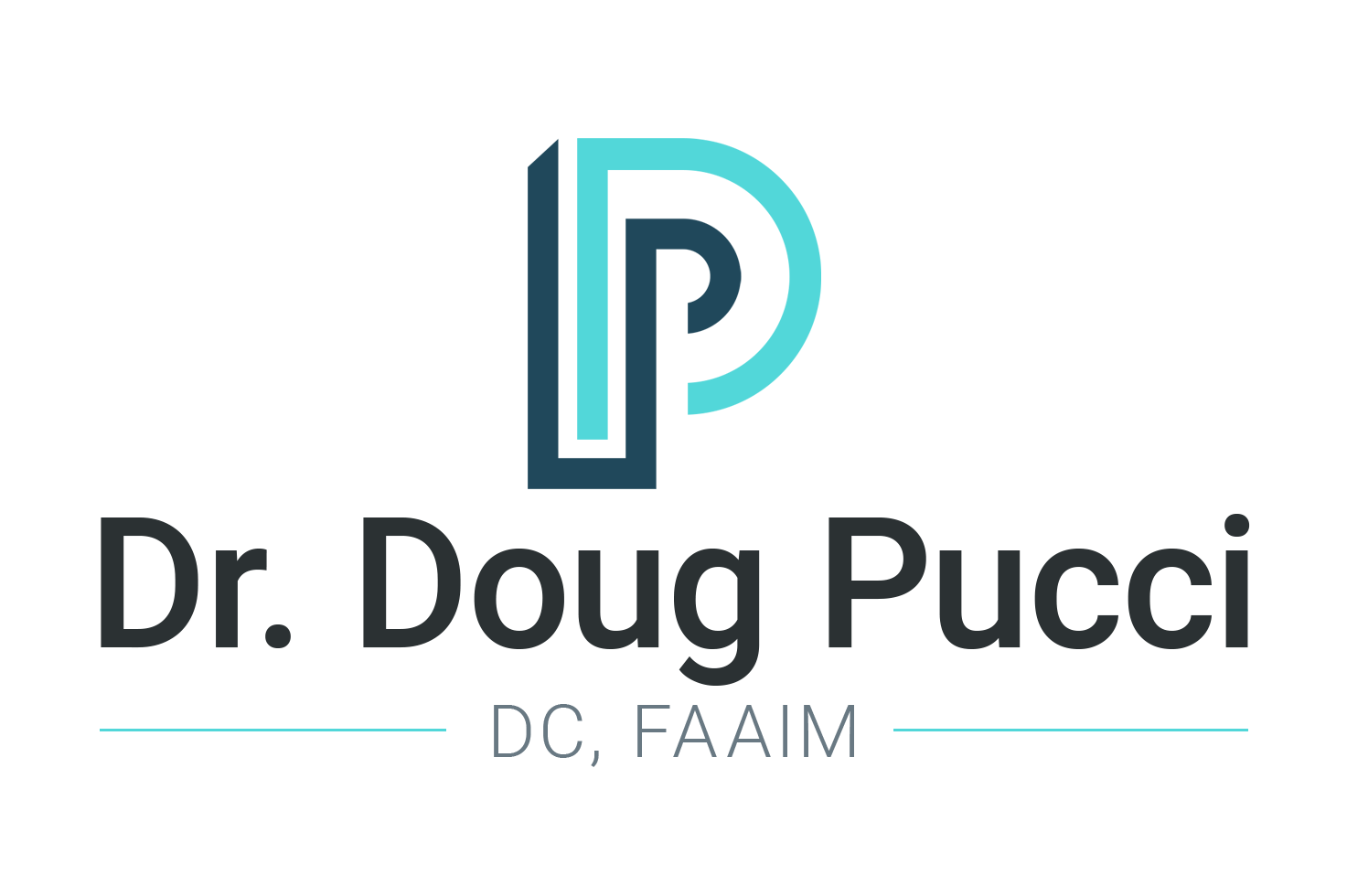'>Why Our Brains Love Routine New healthy habits that produce weight loss don't just simply drop into our laps, they happen because we've made a few tweaks and established new norms.
There’s a term of art used in business called, kaizen. It means constant and never-ending continuous improvement, and it’s a great philosophy to live by.
Specifically, it’s the idea of constant and never-ending continuous improvement even while everything, the entire day, all the moving parts are constantly in motion! This philosophy can be applied to life.
Every day, find something that helps bring about change by moving in a positive direction of improvement. This can be accomplished with little steps, as has been illustrated throughout time by great philosophers like Lao Tzu who said, “A journey of a thousand miles begins with a single step.” Every single step in our journey through life builds on the one before, and even if we take a few steps backward along the way, it’s no big deal—just start the forward movement again.
Motivational speaker Wayne Dyer once said, “Change the way you look at things, and the things you look at change.” Apply this to the way we look at food, exercise, or even ourselves. Is exercise seen as a struggle, or is it seen as something that will lead to good health, resiliency, confidence, and strength?
Routine is important because our brain loves routine. Routine has a positive effect on our lives to the point that when we break our routine for a number of days, we tend to feel a little “off” or less grounded. When we do something repeatedly, like practicing an instrument, the neurons in our brains establish connections to other neurons to create a larger, more powerful network that allows us to become better and more efficient at playing that instrument. This is why it benefits a musician to spend much more time practicing an instrument than performing.
Starting every day with a morning routine is important to get our bodies and our brains off to a positive start. Here’s a routine I personally recommend, but modify it to whatever feels right individually:
- Get up 15 to 30 minutes earlier than usual. Sit in a quiet, comfortable place and relax. Take a slow deep breath in through the nose and fill the abdomen with air, hold onto that breath for a few seconds, then exhale slowly through the mouth. Repeat this up to five times while being mindful of how the body feels.
- Express gratefulness for the gift of life; thank the body for allowing us to participate in life.
- While in this mindful state, create the day (visualization). Rather than stumbling into each day reacting to whatever is thrown at us, instead we visualize and create how to see each day progressing and what we want to accomplish that day.
- Do some stretches and basic exercises (sit-ups, pushups, trunk twists, etc.) to jumpstart metabolism and get blood flowing.
- Make the bed to put closure to the night before and set the stage to start a new day.
- Make lemon water or water tonic with supplements and drink it before breakfast.
- Make a healthy breakfast of protein (most important), vegetables, and healthy fat.
Incorporate daily exercise and movement. Not only is exercise important physically, but an active body also creates an active, sharp brain. The brain sits at the center of everything—it regulates hormones, mood, personality, and weight; it’s even how we relate to the world. While routines are important, stimulating the brain with new activities is equally important. Regular exercise and a healthy gut go a long way toward keeping the brain healthy and avoiding many neurological diseases.
And finally, remember to make change, we keep focused on what we do want rather than what don’t. Our brains function from two major inputs: body form (slumped or straight) and what we put our focus on. By putting focus toward positive goals (“I want to get healthy” vs. “I don’t want to get sick”), we’ll draw those positive outcomes to us.
Learn more about the ten tiny habits that make up a healthy morning routine, how to bring about change by tuning into Module 4 of The Down5 Pounds Challenge.
Participants who have implemented the strategies learned in the 5-Day LIVE Weight Loss Challenge have reported less pain, fewer headaches, more energy and weight loss. However, The Down5 Pounds Challenge is not the promise of a cure and does not constitute medical advice. To learn more about The Down5 Pounds Challenge: How to Curb the Midlife Madness Overtaking Your Gut!, please visit our website at learn.getwell-now.com. For questions or To dig a little deeper into your own unique biochemistry or learn about root cause healing and functional medicine, visit us at Get Well Now and schedule a Discovery Call.
About Dr Pucci - Dr. Doug Pucci, Founder, Pucci Wellness Center, is a functional medicine pioneer and Bergen County’s Face of Functional Medicine. He was honored to receive both The Best Of 2020 Awards for Functional Medicine in Oradell, NJ, and entry into Trademark Publications’ 2020 Who’s Who Directory, Honors Edition. Contact (201) 261-5430.
Food 101 is about food, and specifically how food is metabolized into energy. Why excess energy from simple carbohydrates induces a stress response that produces fat.
We begin to examine the food we eat and separate the “good” from the “bad” in each category (carbohydrates, fats, proteins). There are so many myths about food, fad diets, dietary strategies, and so on, that we want to tease these apart. All too often patients become paralyzed about what to put in their mouths or on the table.
Gaining Weight, Eating Too Often and Still Craving the Wrong Foods? is a primer on some of the ways that even a good dietary plan, such as keto, paleo and vegan, can go wrong.
The gut is not a sterile or empty environment. Indeed, it is filled with life. Learn about the GI Effects test from Genova, and the gastrointestinal tract. This test gives us indications for five broad categories that affect digestion and colon health: maldigestion, inflammation, dysbiosis, metabolic imbalance and infection.
Gut Health and Weight Loss is a look at why starving ourselves to lose weight isn’t the answer. And for most people, an excessive amount of exercise isn’t either.
Fiber is Key to a Healthy Gut Microbiome is about the life teeming inside and the fuel it craves. We’ve always known that fiber-rich foods are important to good health, but scientists are now finding out why.
Why A Diversity Of Probiotic Strains Matters? How to know whether the probiotics we’re taking are right for us? Is yogurt really the best choice? Dr. Pucci explains why diversity matters.
Stress Eating and Healthy Weight is about avoiding the tendency for takeout and a few suggestions for stress management techniques.
Toxic Stress is Causing Leaky Gut is about how cortisol stress begins to erode our barrier system, the lining of our mucosa, when toxins permeate the gut.
Foods that Trigger Immune Reactions is about the pro-inflammatory nature of modernized grains, fats and dairy and why these trigger an immune reaction.
Food Scores Download the EWG (Environmental Working Group) App application to learn which of our produce is ranked highest in pesticide use and which is adhering to pesticide free guidelines.
Answers to Listener Questions A ton of questions came up during the LIVE taping. Register for The Down5 Pounds Challenge to review the complete list of answers related to food, what we eat and why.
Easy Breezy Morning Routine is about the 10 tiny habits that will create change and even transform the day.











